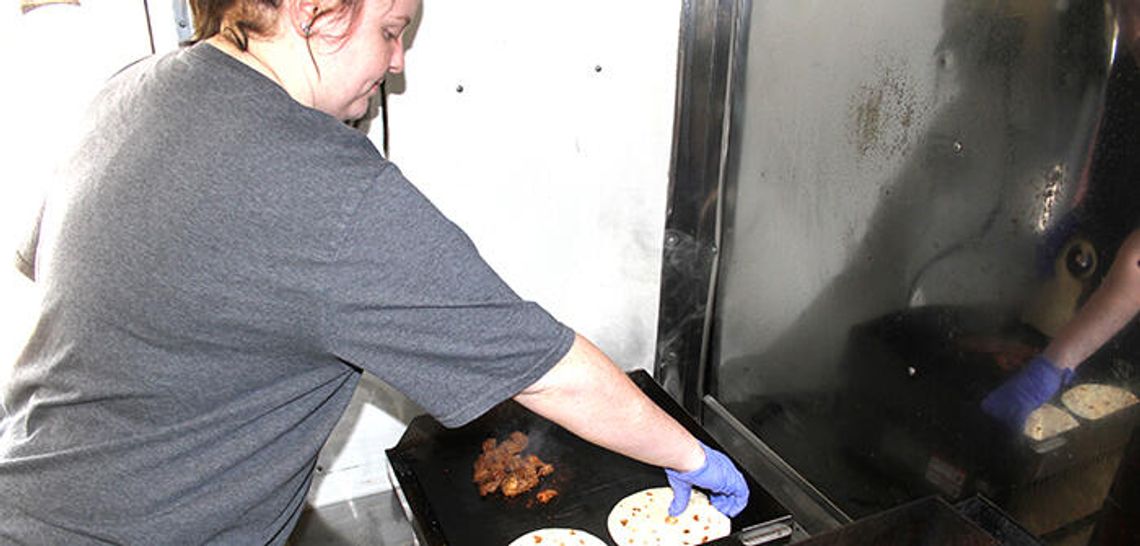Concerns are growing among local mobile food vendors as Hays County officials seek to update food truck restroom facility regulations.
According to a Hays County official, the Department of Developmental Service is currently toying with the idea of requiring some sort of on-site restroom facility for food trucks that are stationary on a plot of land.
PLEASE LOG IN FOR PREMIUM CONTENT. Our website requires visitors to log in to view the best local news.
Not yet a subscriber? Subscribe today!










